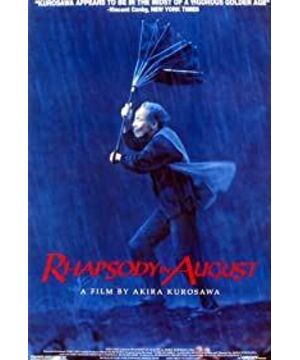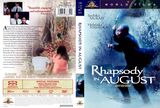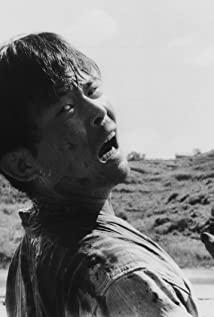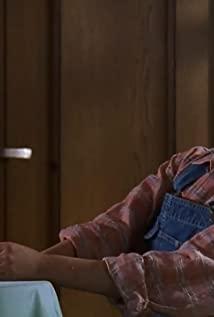So are we.
Facing the atomic bomb, the Japanese were in a very sad but contradictory state.
After the war, Japan's rapid economic development was largely due to the help of the United States.
In this movie, when facing so-called relatives from the United States, the attitudes of the family are divided with age. From the attitude of grandma not wanting to go to the United States, to the attitude that mom and dad kept praising the villa after they went to Hawaii, to the attitude that relatives worried that the United States knew that grandfather died in the atomic bomb, to the children's anger but still suppressed when they heard the news of the atomic bomb. Can't help but want to go to the United States.
The conversation between the children and grandma reminded her of her brother's story.
One of them is about the brother after elopement. The children went to see the burnt down hut, and what burned down is always there.
And the second story is about the eyes. The children's guesses were all wrong in the end. That eye was the light after the explosion in the sky on the day of the atomic explosion.
The film is full of symbols everywhere. These symbols are depressing and painful.
The arrival of American Clarke pushed the whole film to its climax.
Clark is here to apologize. Although the United States has never publicly apologized. He said sorry to grandma. This is also the director who used his words to apologize to all Japanese people.
"The Americans dropped the atomic bomb to end the war. The war has been over for 45 years. But don't they continue now! For the war, people do everything, and everyone will perish in the end." This is the grandmother's respect for the sons and daughters of the United States. What we said.
I can't help but think of what the teacher said to us. The Japanese never thought that they were defeated by us. They always thought that they were defeated by the Americans and American atomic bombs.
For the Japanese, the atomic bomb is a painful memory. For the Chinese, it ended the long war early.
The film uses the mouth of grandma to remind people not to forget the war, but it avoids the most fundamental cause of the war and the atomic bomb.
However, after the war of aggression ended, we did not usher in peace. It's a self-killing civil war. I often think that if you put aside the old sayings of oppression and exploitation aside from the nation, then every war is the cannibalism of mankind, and the war will never end, because killing is also one of the nature of mankind.
At the end of the film, after seeing my grandma running in the storm and the umbrella she held high, I still cried.
If there was a creator, would he regret creating such a greedy and ugly creature as humans? But would he be intolerable because of human beings' pursuit of beauty and peace?
In any case, this movie is like "Sometime in April", which I will not forget for a long time after watching it.
View more about Rhapsody in August reviews











